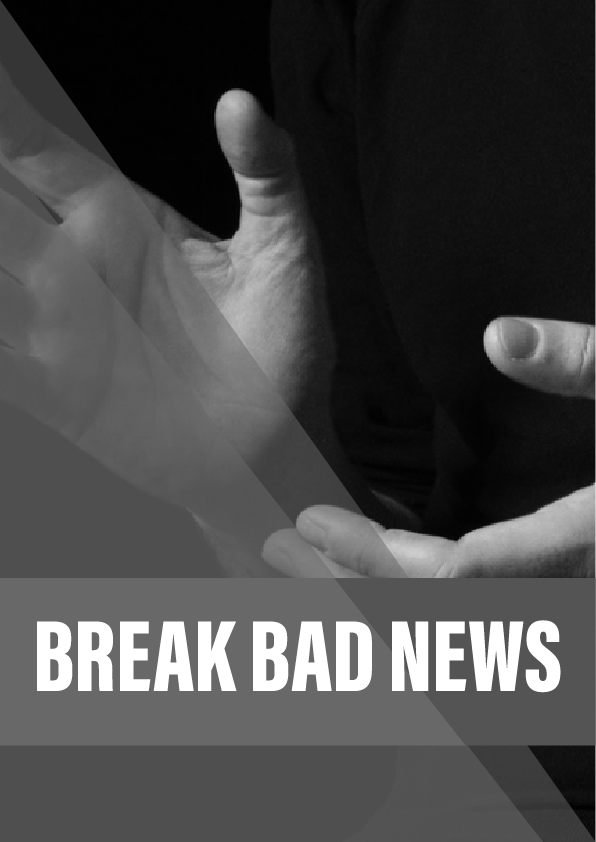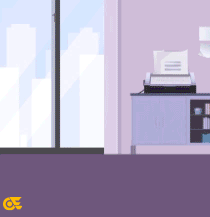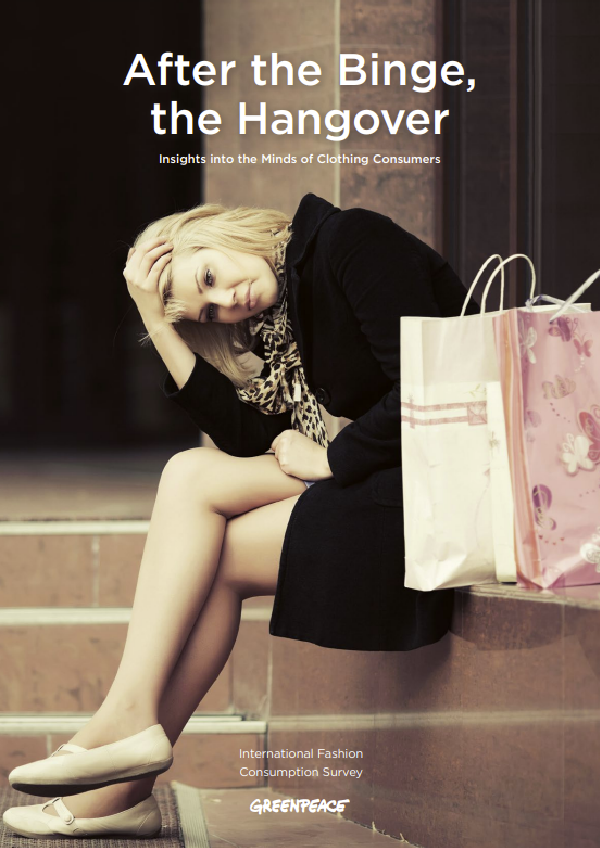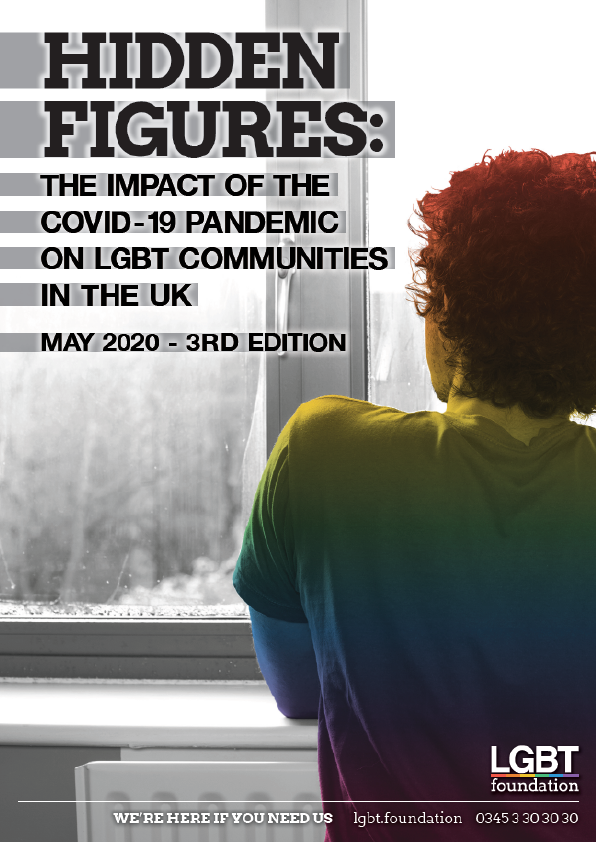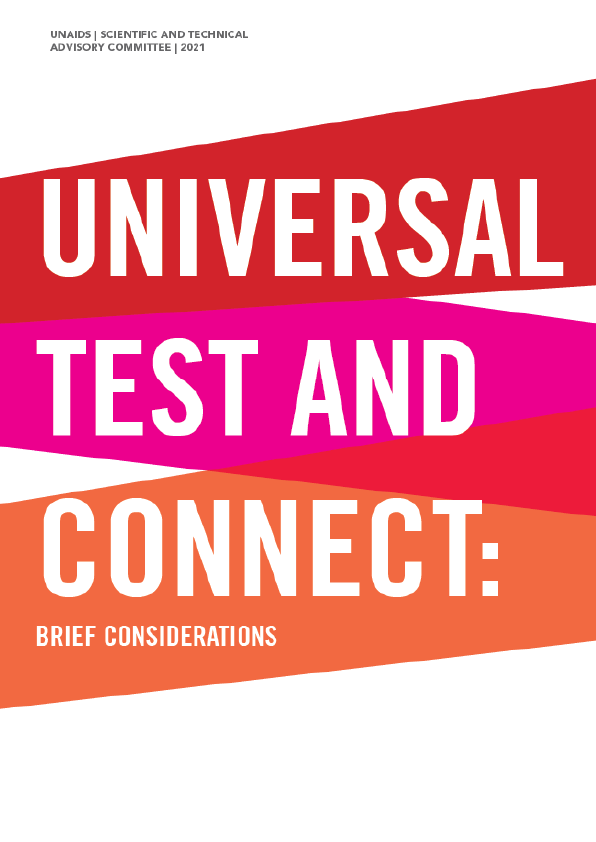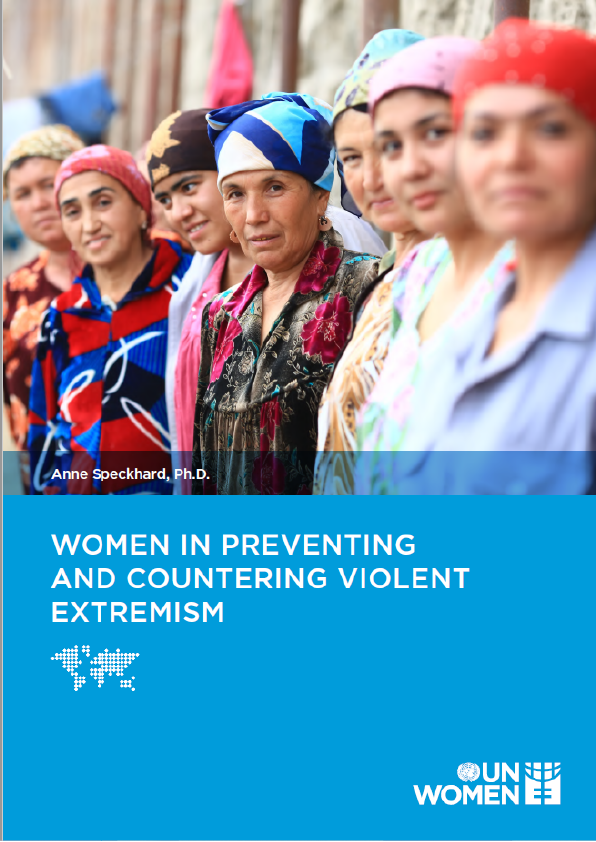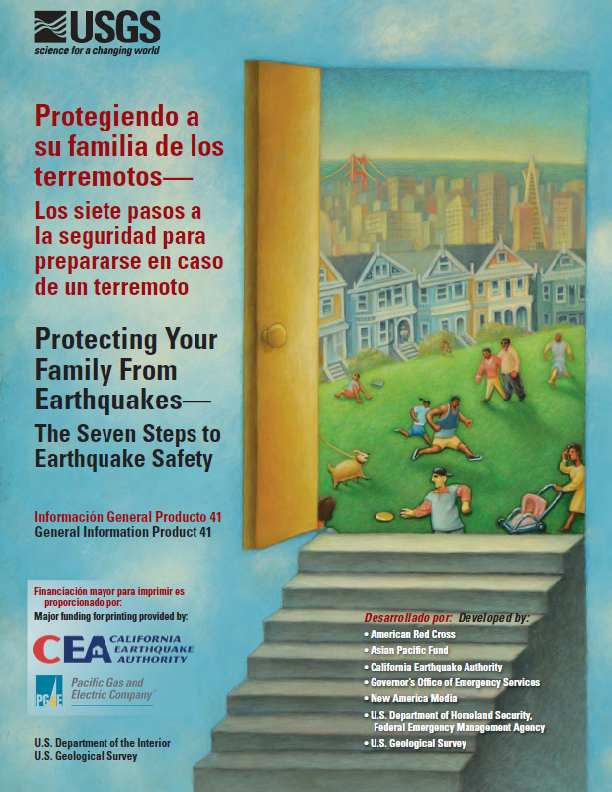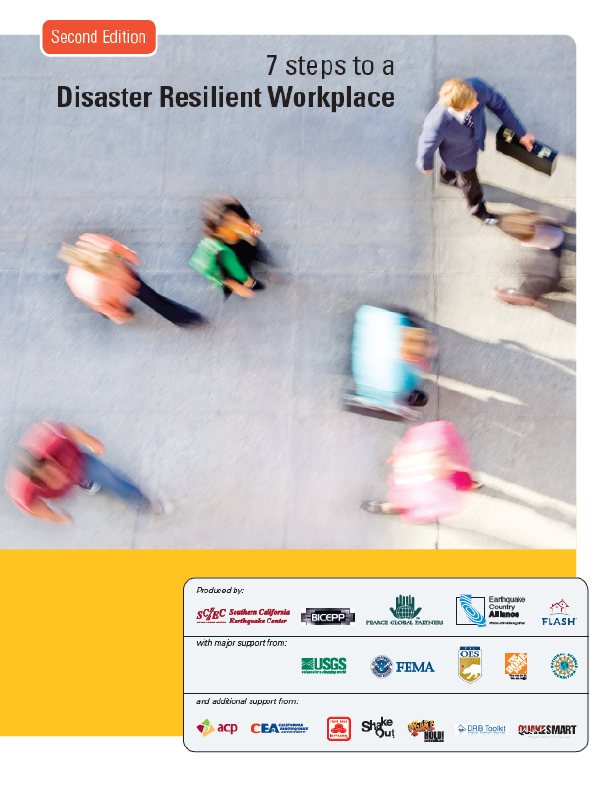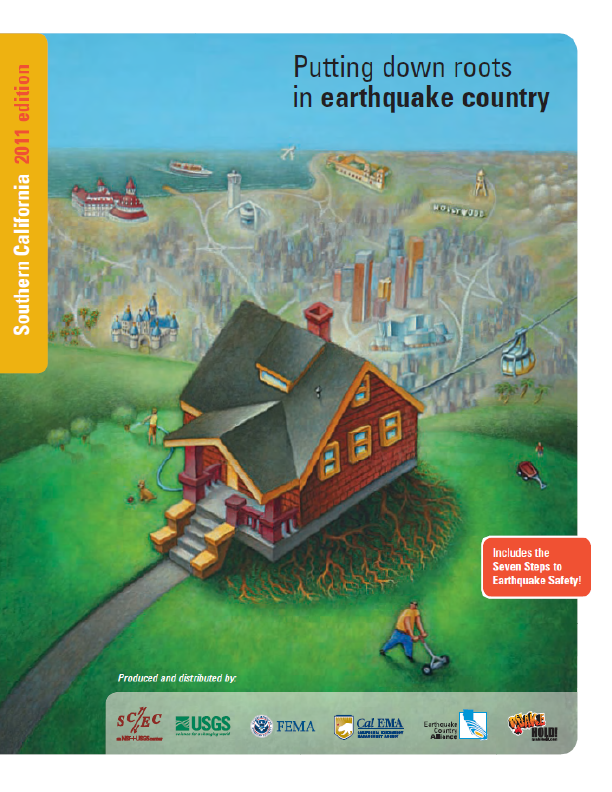How do you tell someone that they’re seriously ill, or even dying? Chrissie Giles explores how doctors learn and how they deal with the stress and trauma, for both their patients and themselves.
I was 14 when I was told that Dad was dying.
I was sitting on the floor of our lounge. Mum said that she had some news. Sensing the worst, I fixated on the newspaper open in front of me, staring at an advert for German cut glass. It was cancer, in his pancreas, and he might only live a few more months.
They were going to try an operation, she told me and my sister, to reduce the pain. As a nurse, she must have known that this was unlikely to work, but she knew her audience and didn’t want to overload us with information. She must also have known that pancreatic cancer has one of the bleakest outlooks, due in part to a lack of symptoms in the early stages. By the time you start to notice the nausea, jaundice or weight loss, it’s too late to hope that it’s something less serious.
That night, as I wrote my diary, I could think only about how I felt. Reading it back now I wonder what it was like for my mum, still reeling from the news herself and having to tell the rest of us.
As a doctor, Kate Granger often deals with discussions of bad news and end-of-life issues. But there’s another reason the subject interests her. Three years ago, at age 29, she was diagnosed with a very rare and terminal form of cancer that affects soft tissue. She’s spoken and written widely about her experiences living with a terminal disease. She spearheaded the #hellomynameis campaign, to get people working in the NHS to introduce themselves to every patient they meet. She’s planning to live-tweet her own death.
Granger was diagnosed with cancer while on holiday in the USA. “I came up against some tough episodes of breaking bad news when I got back to the UK,” she says. “When I got my MRI results, I was told when I was by myself by a junior doctor who didn’t know what the plan was going to be.”
In pain and alone, she was told “without a warning shot” that her MRI scan showed that the cancer had spread. “He was basically giving me a death sentence. He sort of couldn’t wait to leave the room and I never saw him again.”
Her experiences have shaped her as a doctor. “I think I was a fairly compassionate, empathetic doctor, but having been through all I’ve been through, when I came back to work I was just so much more aware of how body language is really important, how you think about the impact of bad news on an individual more than just viewing ‘telling Mrs Smith that she’s got lung cancer’ as a task.”
Reference:
- Dr Katherine Sleeman’s editorial ‘Let’s talk about death’ (PDF).
- Blog post on ‘Done, not-done, undone’ things.
- The UK General Medical Council’s outcomes and standards for student doctors at UK medical schools.
- The UK General Medical Council’s guidance on good medical practice for doctors.
